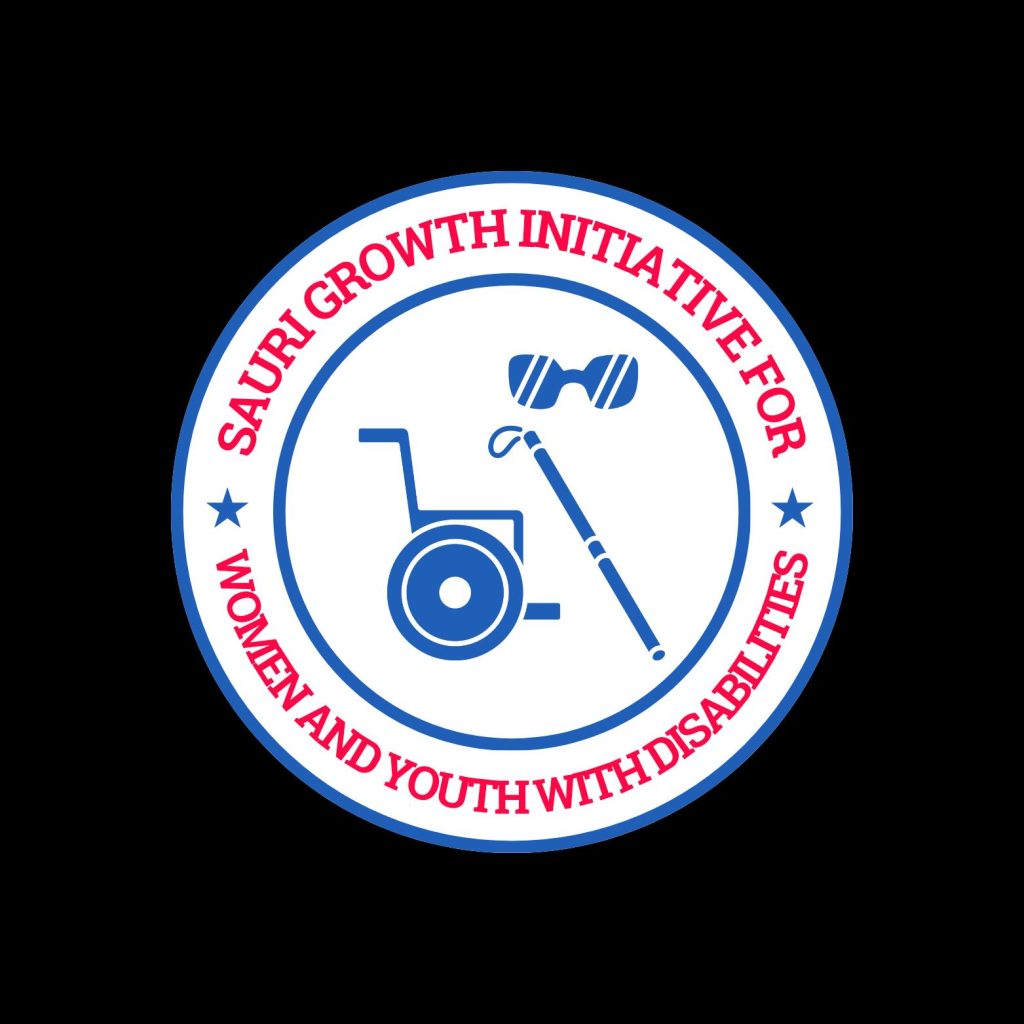
Policy Brief: Inclusive Climate Change Policy for Women and Girls with Disabilities in Benue State
Sauri Growth Initiative for Women and Youth with Disabilities
Climate change is a pressing global issue that exacerbates existing inequalities, particularly affecting vulnerable populations such as women and girls with disabilities. In Benue State, Nigeria, the impacts of climate change—ranging from extreme weather events to shifting agricultural patterns—pose unique challenges to this demographic. This policy brief emphasizes the necessity of inclusive climate change policies that recognize and address the specific needs of women and girls with disabilities.
Background
Climate change is reshaping environmental and social landscapes worldwide. In Benue State, increased flooding, erratic rainfall, and prolonged droughts are disrupting livelihoods and exacerbating poverty. For women and girls with disabilities, these changes are particularly challenging. They often face barriers that limit their ability to adapt to climate impacts, such as:
- Physical Barriers: Many communities lack accessible infrastructure, making it difficult for women and girls with disabilities to evacuate during emergencies or access aid.
- Economic Disparities: Women and girls with disabilities are often economically marginalized, lacking access to resources and opportunities that would enhance their resilience to climate impacts.
- Limited Voice in Decision-Making: Their exclusion from climate-related discussions and decision-making processes results in policies that overlook their specific needs.
Challenges Faced by Women and Girls with Disabilities
- Inaccessibility of Information and Resources:
- Vital climate change information is frequently not provided in accessible formats. For example, in the aftermath of the 2022 floods in Benue, women with visual impairments reported difficulty accessing vital safety information and resources. Early warning signs are not accessible to women and girls with disabilities especially those who are deaf and have mental/ psychological disabilities
- Health Risks:
- Women and girls with disabilities face increased health risks during climate events. For instance, a lack of accessible healthcare services can lead to inadequate support during a health crisis triggered by climate change. Imagine a woman with disabilities who is pregnant, she cannot access healthcare services when there is a climate change disaster.
3.Social Isolation:
- Social stigma and isolation limit the participation of women and girls with disabilities in community initiatives aimed at climate resilience. This was evident during community response efforts in 2023, where many felt excluded from recovery planning.
4.Economic Vulnerability:
- Limited economic opportunities hinder their ability to recover from climate shocks. Many depend on subsistence agriculture, which is heavily impacted by climate variability, yet lack access to adaptive technologies or training.
Call to Action
To ensure that climate change policies are inclusive and equitable, it is crucial for both governmental and non-governmental actors to prioritize the involvement of women and girls with disabilities in all climate-related discussions and policy-making processes. This includes:
- Local Government should Engage directly with communities to understand the unique challenges faced by women and girls with disabilities.
- NGOs and Advocacy Groups: Facilitate training and awareness programs to empower women and girls with disabilities to advocate for their needs.
- Community Leaders: Promote inclusive community planning that considers accessibility in all climate adaptation initiatives.
Policy Recommendations
1.Develop Inclusive Climate Change Policies:
- Policies must explicitly incorporate the needs and perspectives of women and girls with disabilities, ensuring they are a part of the decision-making process.
- Enhance Accessibility:
- Ensure that all climate communication materials are available in accessible formats (e.g., braille, audio , sign language, easy-to-read documents).
- Promote Economic Empowerment
- Design programs that provide women and girls with disabilities access to training, resources, and technologies that enhance their economic resilience.
- Strengthen Disaster Preparedness and Response:
- Create and implement inclusive disaster risk reduction plans that account for the specific needs of women and girls with disabilities, ensuring accessible shelters and support services during emergencies.
- Facilitate Stakeholder Engagement:
- Conduct regular dialogues with stakeholders, including women and girls with disabilities, to gather insights and improve policy responsiveness.
Conclusion
In a one-day dialogue meeting with stakeholders and women and girls with disabilities, we agreed upon the necessity of the above policies to foster an inclusive approach to climate change in Benue State. By implementing these recommendations, we can ensure that the voices of women and girls with disabilities are heard and that they have the resources and support needed to navigate the challenges posed by climate change.
References
- United Nations. (2021). “The Impact of Climate Change on Women and Girls with Disabilities.”
- Climate Change Adaptation in Nigeria: Local Perspectives and Experiences.
- World Health Organization (WHO). (2020). “Disability and Climate Change: A Global Perspective.”



